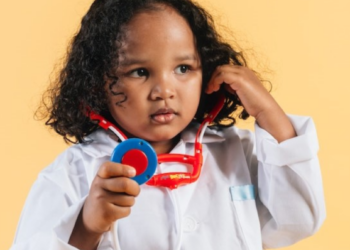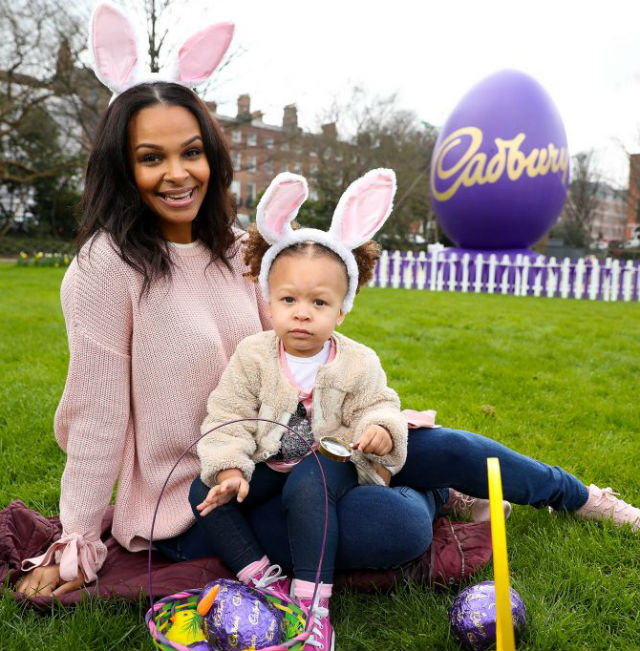The debate whether or not to breastfeed babies has raged on for years in the public eye. Although there are a multitude of benefits to breastfeeding such as helping to build up the infants’ immune system, helping to possibly prevent allergies, and lowering the risk of breast cancer for mothers later in life, making babies smarter and helping to prevent behavioral problems are now two “benefits” that have been called into question.
A new study published in Pediatric medicine states that breastfeeding mostly does not help baby to become smarter nor help does it help to prevent future behavioral issues. “We weren’t able to find a direct casual link between breastfeeding and children’s cognitive outcomes,” commented Lisa Christine Girard, one of the study’s author’s to NPR.
The study focused on 7,500 children from Ireland. Information was collected from both parents and teachers regarding the children’s behavior, vocabulary, cognitive abilities and whether or not they were breastfeed. “The main challenge facing researchers who seek to examine the impact of breastfeeding on child outcomes is an inability to randomly assign individual mothers to breastfeed or not,” wrote Lydia Furhman in an accompanying editorial to the study. As a result, researchers have to make broad-based population assumptions and have to apply a variety of statistical method variables to adjust for other influences such as socioeconomic levels and education.
The study does however find that children who were breastfed for at least six months were less hyper at three years of age but the effect wore off by the time that they were five. In addition, the study suggests that there may only be a small IQ boost as well.
Just when we thought that we had it all figured out, science changes the game once again. What do you think? Weigh-in, we want to hear from you!







